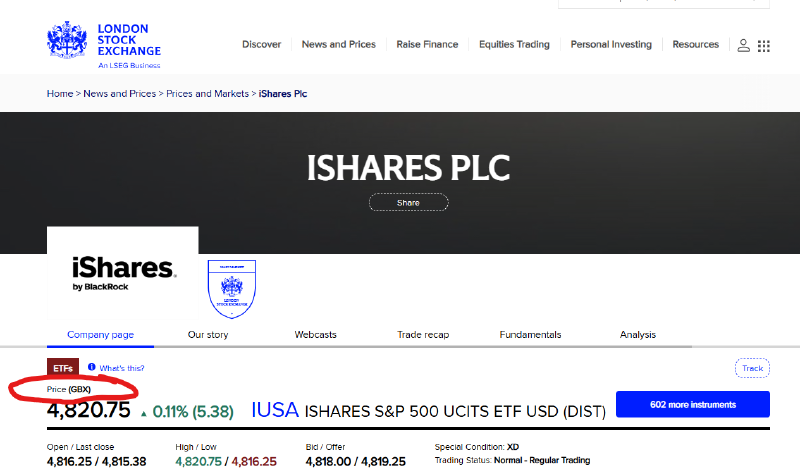ZAC, GBX, EUC and Other Misspelt Currencies
By Gary Kennedy
October 10, 2025
In equity prices we often encounter what appear to be strange misspellings of currencies—for example, ZAC rather than ZAR, GBX rather than GBP, or EUC rather than EUR. Why does this happen? As it turns out, they are not misspellings at all! The data provider is usually trying to express the price in minor units of the currency. For instance, a quote of 2,345 ZAC is actually a price of 2,345 South African cents, which is 23.45 ZAR. The same pattern applies to other so-called “misspellings.”
The cases of ZAC, USC, and EUC are relatively straightforward: they represent prices in cents.
But sterling introduces a complication. Its minor unit is pennies, not cents. “GBC” would be inconsistent, and “GBP” is ambiguous—does it mean pounds or pennies?
Unbelievably, some vendors try to solve this by making the code case-sensitive, using GBp for sterling pennies.
This creates headaches when parsing data: if you encounter “gbp”, is it GBP or GBp? Moreover, extra care is needed in database tables, the currency columns must be made case-sensitive.
Fortunately, a more sensible convention has emerged: replace the last letter of the major unit’s ISO currency code with an X to indicate the minor unit. Thus, GBX stands for sterling pennies. Similar cases appear as EUX and USX in some vendor feeds. The London Stock Exchange (LSE) uses this approach—for example, the ETF IUSA is quoted in pennies, with its price currency listed as GBX.

We also discovered another unusual variation in a South African data feed, where the vendor appended a lowercase “c”: ZARc to mean South African cents.